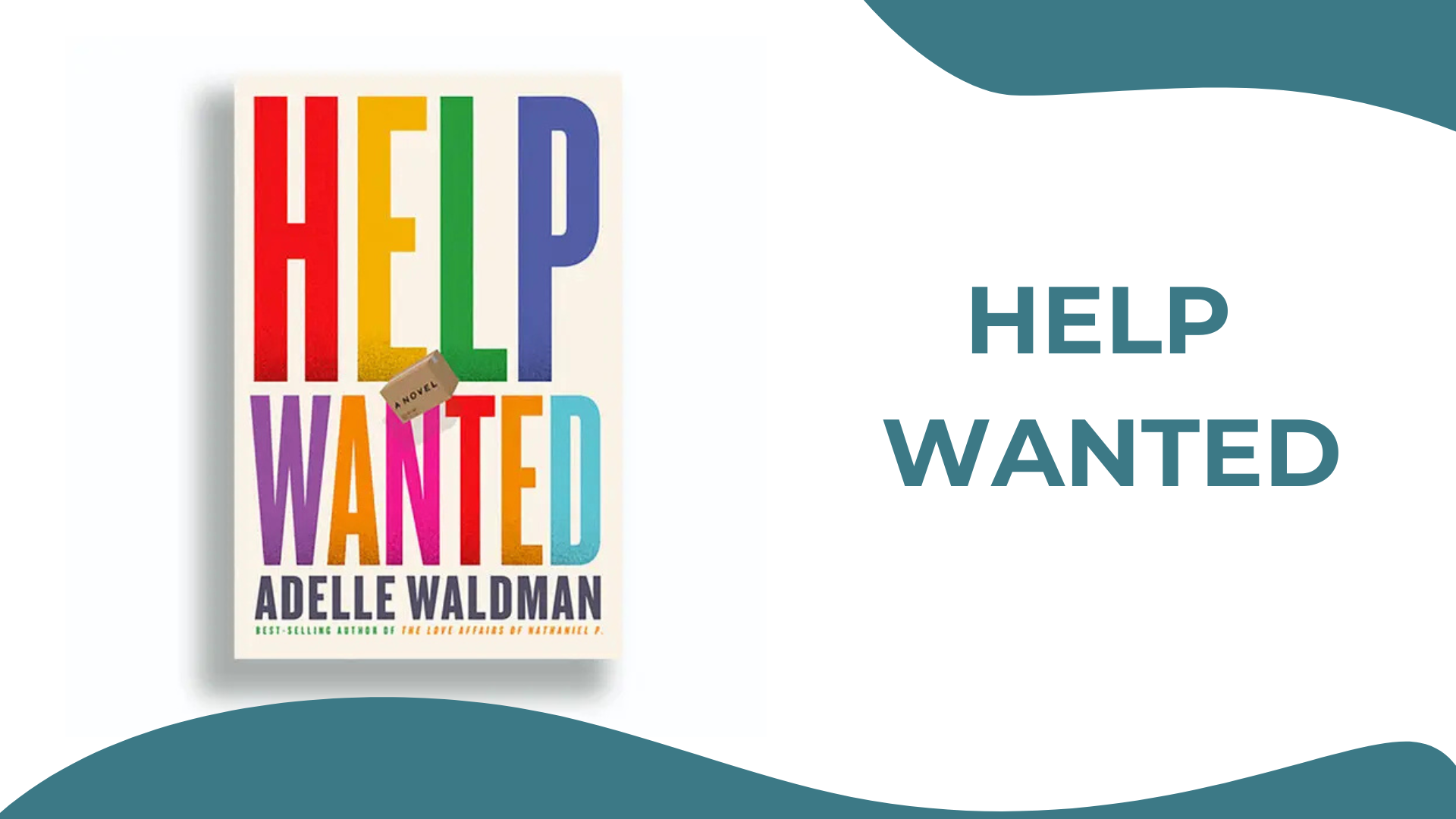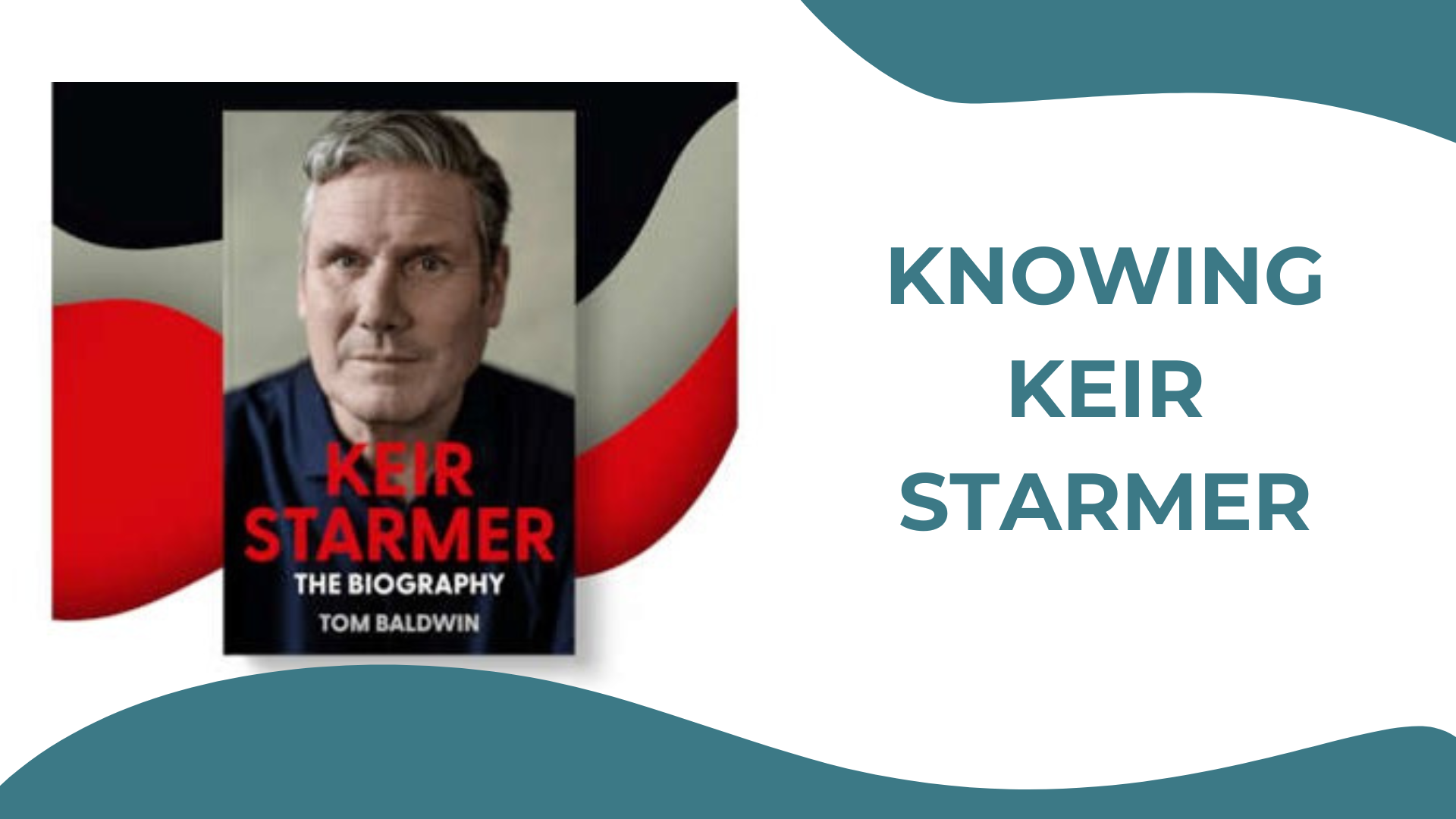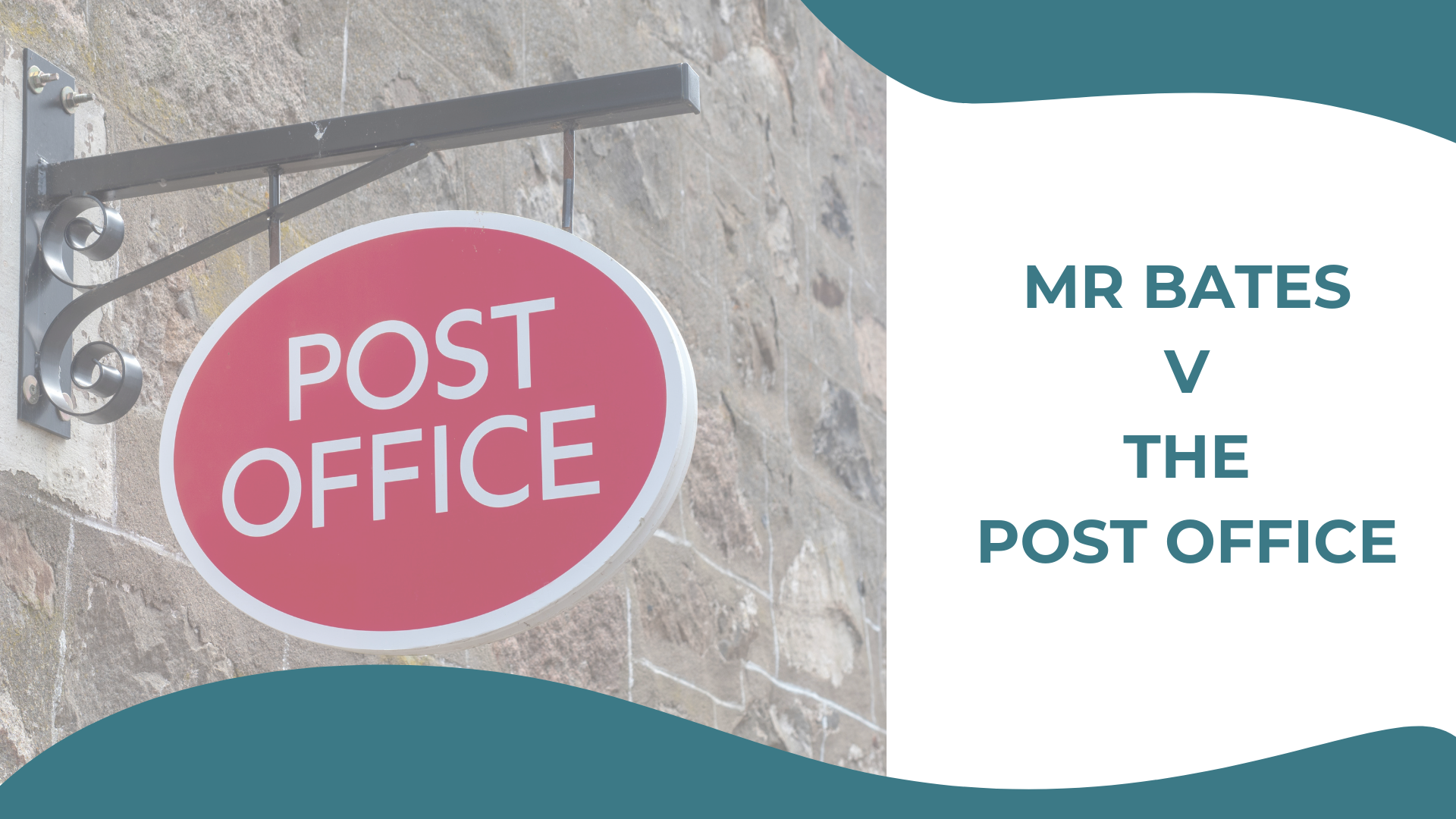“If you can keep your head when all about you are losing theirs”……………
On the importance of containing anxiety
We live in unprecedented times or Megachange as Darrel West calls it. Megachange points to a great inflection point in human history – where the pace of change is accelerating dramatically in the inter-connected spheres of technology, politics, international relations, religion, health, the environment, and gender roles. This all makes for an uncontrollable environment in which we feel a sense of overwhelming powerlessness to influence the course of events. The notion of ‘VUCA’ is gaining popularity as a term to cover these strands of Megachange. VUCA stands for Volatile, Uncertain, Complex and Ambiguous. Whether we regard the environment we operate in as Megachange or VUCA – the bottom line is the same. At an individual and organisational level we are seeing increased levels of anxiety and as leaders, or professionals working with people, we are being challenged to address this situation.
That we are seeing heightened levels of anxiety at work is not surprising. Recent neurobiological research has revealed that uncertainty activates the anxiety circuits of the brain. But what we are also learning is that there is no inevitability in all of this. A vast body of cognitive behavioural research suggests that we can choose how we react to anxiety: to collude or contain it, and this is a learned response. And crucially, what the research also points to is that we can also choose to contain anxiety in others.
A good example of containing anxiety comes from being parents. Parents often act as containers of anxiety for their children. Kids look to their parents for information about how to interpret ambiguous situations. If a parent seems consistently anxious and fearful, the child mirrors this and also consider these situations as ‘unsafe’. There is strong evidence that children of anxious parents exhibit severe anxiety themselves.
What this mean for organisations operating in a VUCA environment is that those leaders who can contain their own anxiety should be appreciated like gold dust. These leaders are linchpins in the system holding everything together. In a recent article Bob Marshak extols the strategic importance of these leaders:
“Such a leader may not be able to control change, but has more certainty about what is needed and the roles and processes that are more likely to lead to innovation and true transformation. Knowing what is truly involved in the journey and what lies ahead is less fearful and anxiety inducing than starting out expecting one journey and experiencing another”.
Some people naturally lead in an anxiety containing way. Much research has gone into why this is the case. Early imprinting definitely plays a part. But whatever your early experience, we can all learn how to become better at containing anxiety in ourselves and for others.
Three areas to help contain anxiety if yourself and others
We recommend concentrating on following three areas as ways to contain your own anxiety and the anxiety of others:
- Develop a Reflective Mindset
The reflective mindset requires a leader to gain an understanding of:
- their personal leadership philosophy and style
- how they present themselves to others
- the impact they are having on those who are led by them.
At the heart of this approach is the development of an understanding and recognition of how, through my actions and ways of being, I become a container for the anxieties that transformational change will trigger in others. That is why leaders should regularly ask for feedback from their reports along the lines of “What can I build on” and “where can I refocus.”
- Understand your boundaries
The first line of Rudyard Kipling’s famous poem “If”, talks about keeping your head when all about you are losing theirs and blaming it on you. This is very insightful because when there is a lot of uncertainty, panic and anxiety often follow. This in turn frequently results in the blame game. Therefore it is really important to be clear in your own head what’s yours (that is what you need to take responsibility for) and what’s someone else’s. When you know your own boundaries you can then help others to understand theirs. Clarity around those boundaries is really important in relieving people from stress and anxiety
Following blog called ‘don’t feed the monkeys’ is well worth reading if you want to explore this point further.
- Appreciate the power of reframing situations
One of our favourite films is ‘Life is Beautiful’. Set during the war, it’s a story about a Jewish-Italian bookshop owner (Guido) who employs his fertile imagination to shield his son from the horrors of internment in a Nazi concentration camp. Guido reframes the camp experience as a complicated game in which his son must perform the tasks given to him as a distraction from the daily realities faced. Each of the tasks earns them imaginary points and whoever gets to one thousand points first will win a tank.
The film speaks powerfully into how cognitive reframing is an effective way to contain anxiety. The film ends with the son leaving the concentration camp in an allied tank with a big smile on his face. He himself is psychologically unscathed by the horrors everyone else has experienced.
The moral of the tale is that through cognitive reframing, we can change the way we look at something and consequently change how we experience it. That kind of an approach helps us to understand that you can’t always control what happens to you, but you can certainly control how you react to different situations – no matter how difficult the situation might be.
As leaders we can learn to reframe overwhelming work challenges and situations so that our experience is one of being given opportunity for growth and development, rather than feeling overwhelmed or crushed. If you would like to explore cognitive reframing further click on this link.
In a world of flux, containing anxiety is a core capability for leaders. Our summer school series is aimed to help you think and reflect, so consider these questions:
- How does anxiety surface in your own work life?
- How does anxiety surface in those who work for you or those you work with?
- Which of the three areas we discuss to help you contain anxiety would you like to explore further, and why?
This article was first published as part of our 2019 summer school email series. If you would like to receive similar communications from us, please sign up to our regular emails. If you found this article helpful, please share it with your colleagues and network.
Liked this blog? Discover many more insights on Mightywaters, or get in touch with us, we’d love to hear from you.




